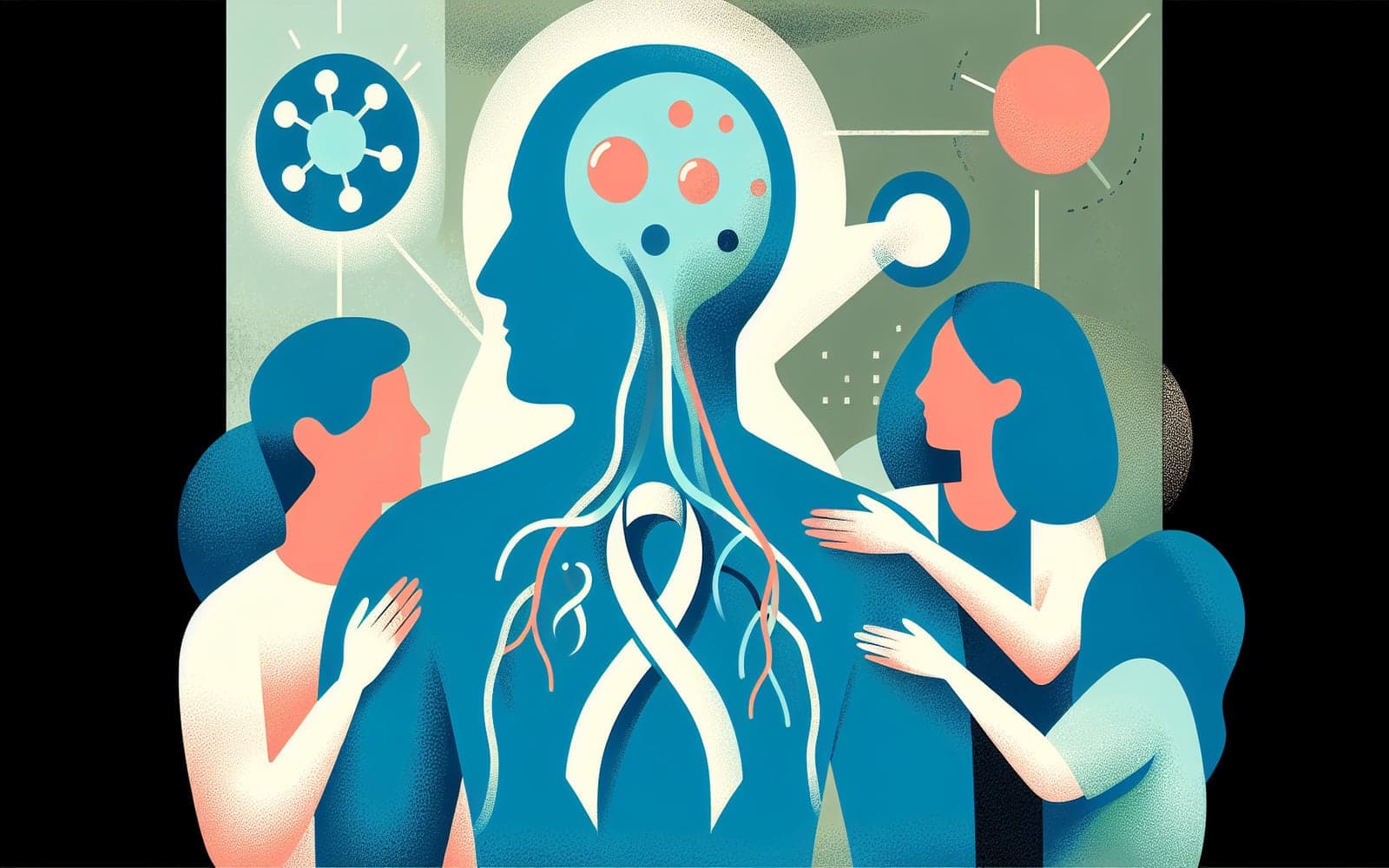What You Need to Know About Basal Cell Carcinoma
Published: Jul 15, 2024

Medically reviewed by Benjamin Seth Martinez | MD, Statpearls - Director of Clinical Content on July 15th, 2024.
Basal cell carcinoma (BCC) is the most common form of skin cancer. Understanding its causes and symptoms can help you take preventive measures.
Contents
What is Basal Cell Carcinoma?
BCC is a type of skin cancer that starts in the basal cells, which are found in the bottom layer of the skin. Though it rarely spreads to other parts of the body, it can be locally invasive, damaging surrounding tissues. With skin cancer rates rising, especially in fair-skinned individuals, knowing about BCC is more important than ever.
Common Symptoms and Diagnosis
BCC often appears as a shiny bump or a reddish patch on sun-exposed areas like the face. It may also ulcerate or bleed. Doctors can often diagnose BCC just by looking at it, but a skin biopsy is usually done to confirm. A dermatoscope, a special magnifying tool, can assist in identifying its unique features.

Risk Factors You Should Know
Sun exposure is the biggest risk factor for BCC, particularly getting sunburns during childhood. Other risks include fair skin, light eyes, and a family history of skin cancer. Tanning beds also increase the risk, as do some medications and genetic conditions like Gorlin syndrome.
Frequently Asked Questions
Sun exposure is the primary cause.
People with fair skin and a history of sunburns.
BCC is diagnosed using a skin biopsy.
It's rare for BCC to spread elsewhere.
Key Takeaways
Understanding and recognizing BCC early can lead to effective treatment and prevent further skin damage.
Get started by discussing skin health with Doctronic today!Related Articles
References
American Cancer Society. Key Statistics for Basal and Squamous Cell Skin Cancers.
Verkouteren JAC, et al. Epidemiology of basal cell carcinoma: scholarly review.
This article has been reviewed for accuracy by one of the licensed medical doctors working for Doctronic. Always discuss health information with your healthcare provider.

